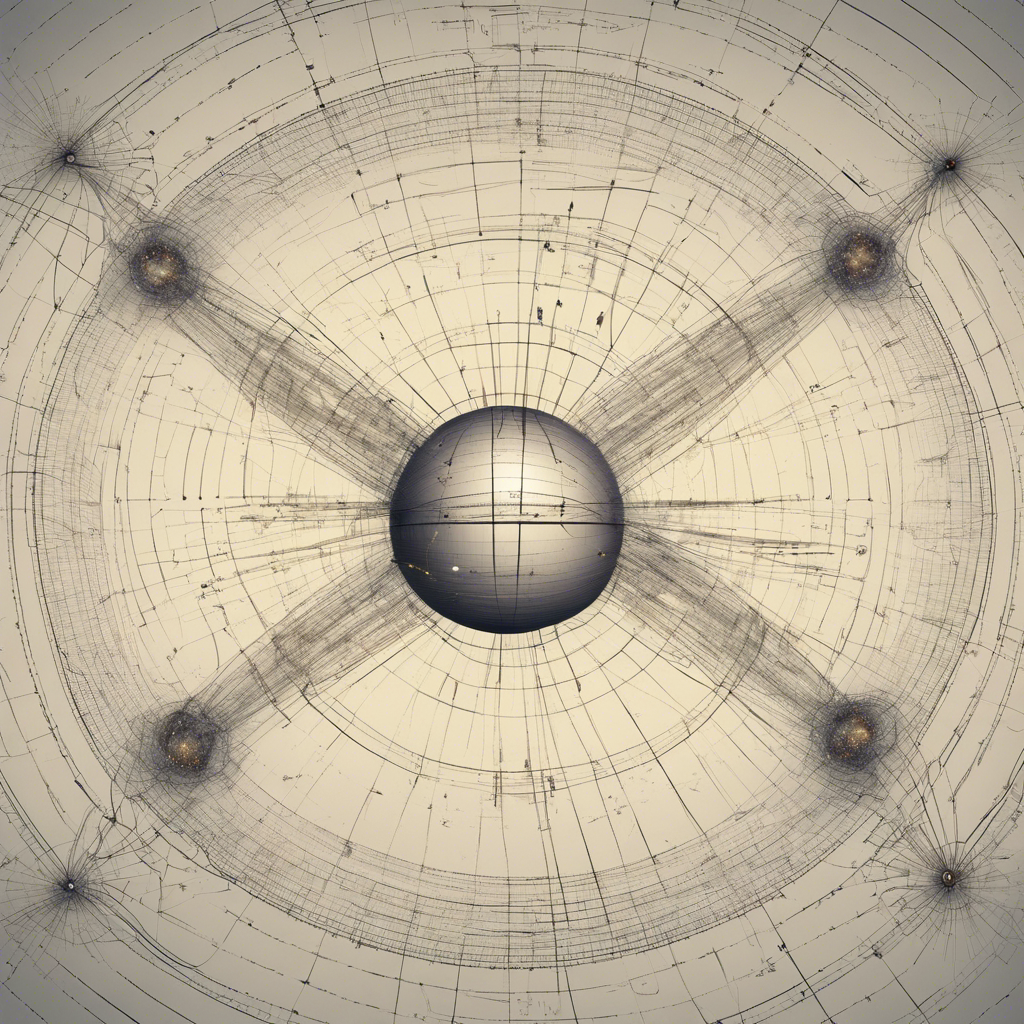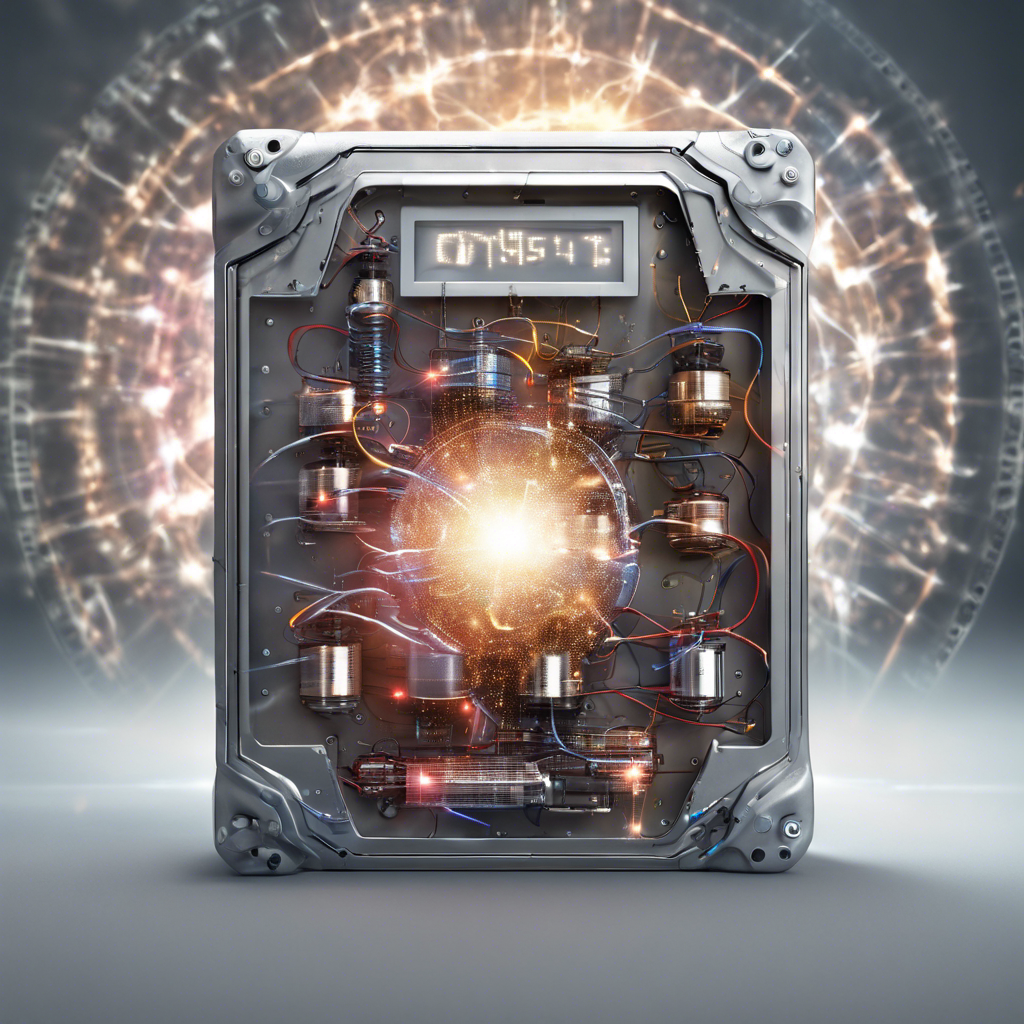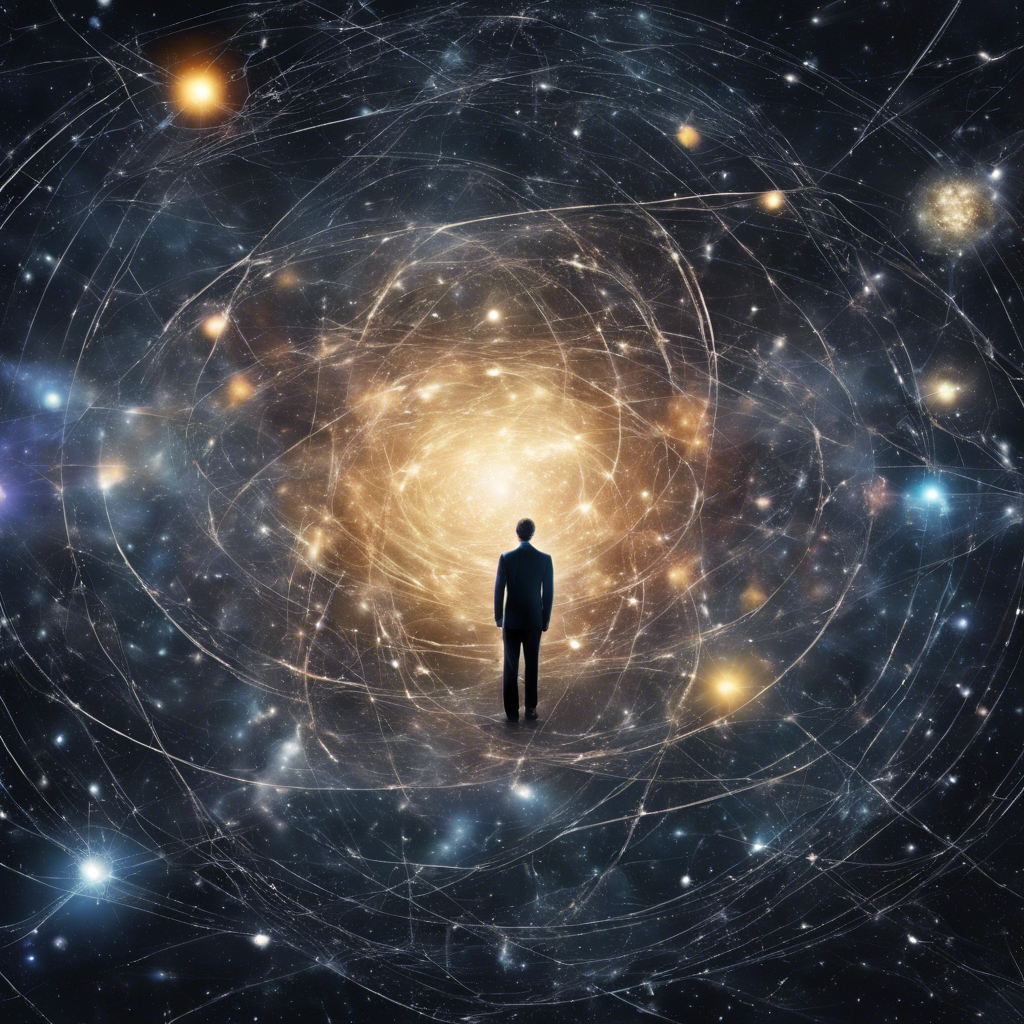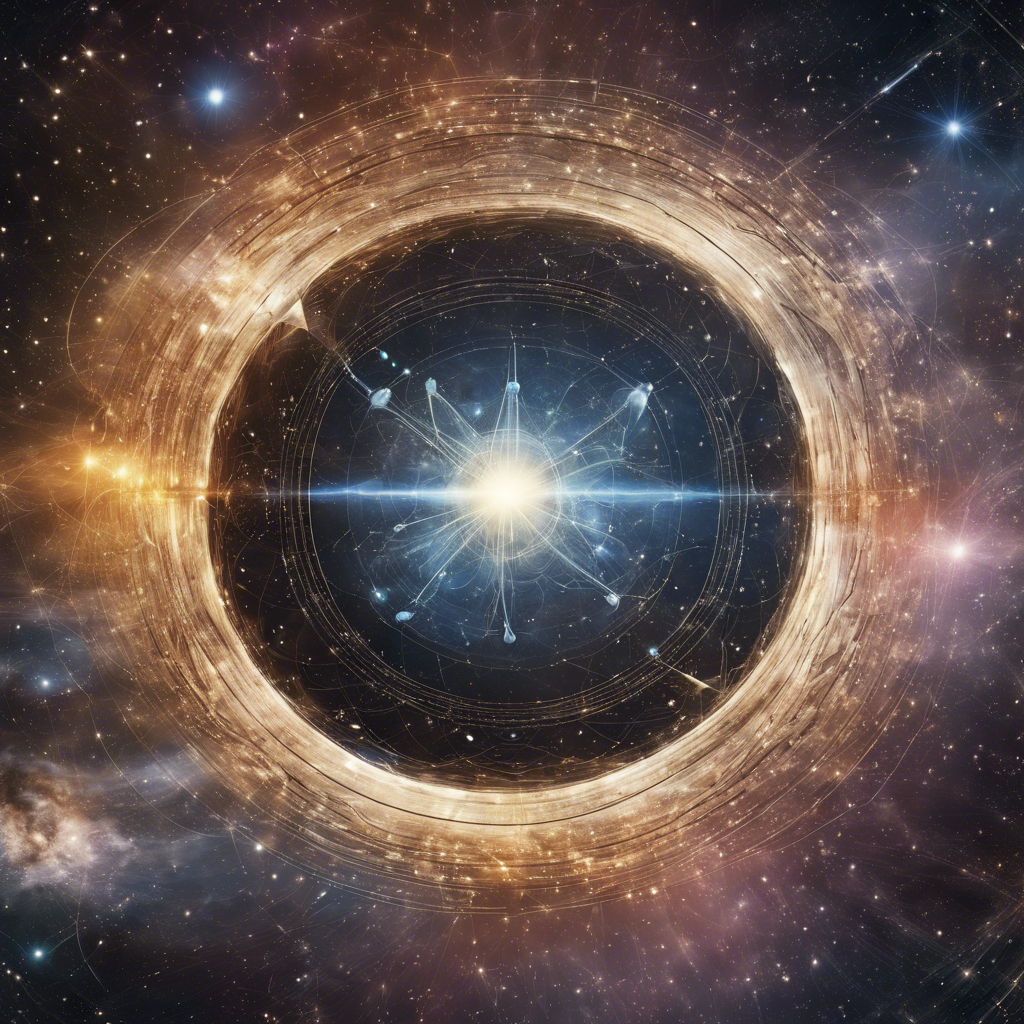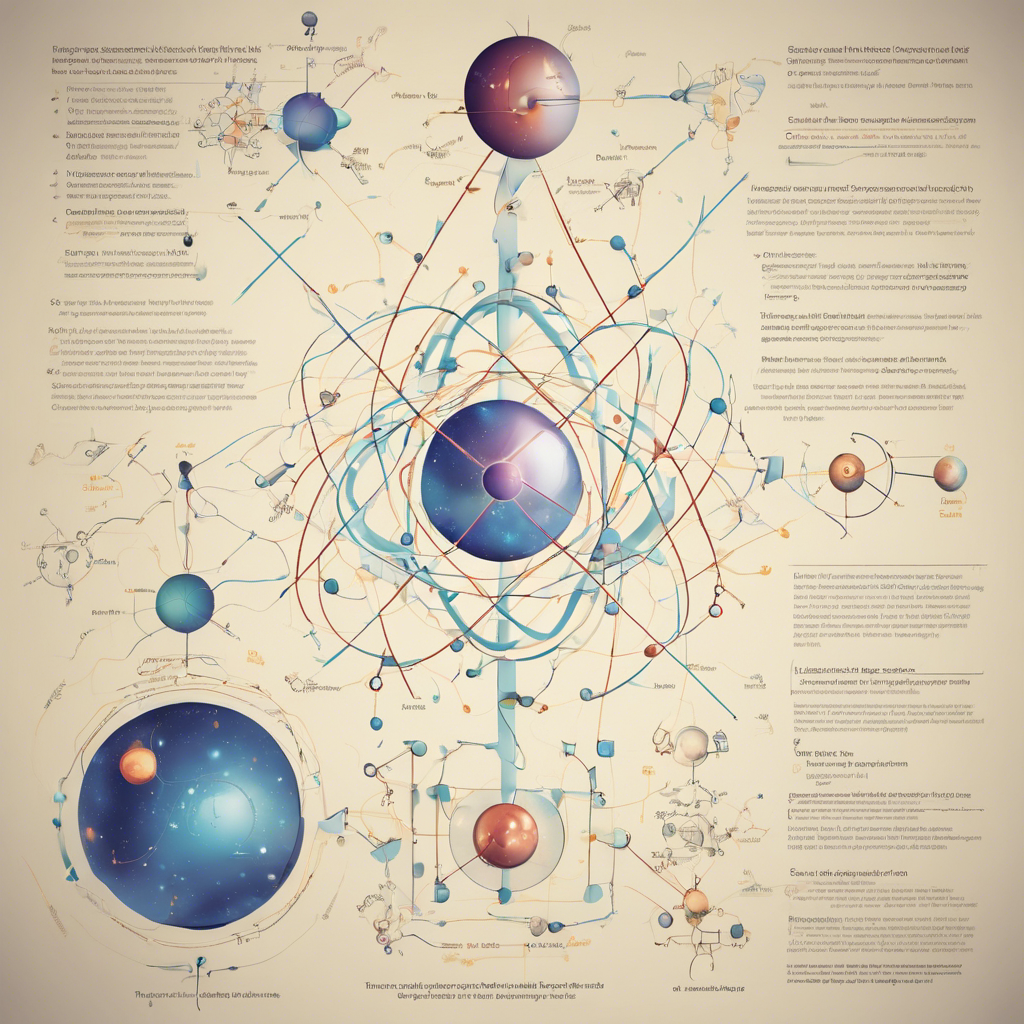A new theory challenges the prevailing assumption that quantum theory must be modified to fit within Einstein’s theory of gravity.
In a groundbreaking development, physicists from UCL (University College London) have put forth a radical theory that aims to reconcile the long-standing contradiction between gravity and quantum mechanics. The prevailing assumption in modern physics has been that Einstein’s theory of gravity needs to be modified to fit within the framework of quantum theory. However, the UCL researchers propose an alternative approach, suggesting that spacetime itself may be classical rather than subject to quantum theory. This theory, known as a “postquantum theory of classical gravity,” modifies quantum theory and predicts random and violent fluctuations in spacetime that are larger than those envisioned under quantum theory. The implications of this theory are far-reaching and have the potential to reshape our understanding of the fundamental laws of nature.
The Incompatibility of Quantum Theory and General Relativity
The foundation of modern physics is built upon two pillars: quantum theory, which governs the behavior of the smallest particles in the universe, and Einstein’s theory of general relativity, which explains gravity through the bending of spacetime. However, these two theories have been in conflict with each other for over a century, and reconciling them has proven to be a significant challenge. The prevailing consensus has been that quantum theory and general relativity need to be modified or quantized to achieve compatibility.
A New Approach: Postquantum Theory of Classical Gravity
The UCL physicists, led by Professor Jonathan Oppenheim, challenge the prevailing assumption and propose a postquantum theory of classical gravity. Rather than modifying spacetime, their theory modifies quantum theory itself and predicts an intrinsic breakdown in predictability mediated by spacetime. This leads to larger-than-expected fluctuations in spacetime, making the apparent weight of objects unpredictable when measured with extreme precision.
Testing the Theory: Fluctuations in Mass
To test their theory, the UCL researchers propose an experiment to measure the weight of a mass very precisely over time. If the fluctuations in the measurements of a standard 1kg mass are smaller than what is required for mathematical consistency, it would rule out the theory. This experiment aims to determine whether the pursuit of a quantum theory of gravity is the right approach.
The Bet and the Consequences
The outcome of the experiment proposed by the UCL group, or any other evidence that confirms the quantum vs. classical nature of spacetime, is the subject of a bet between Professor Oppenheim and leading proponents of quantum loop gravity and string theory. The implications of the theory, if proven correct, would challenge our understanding of the fundamental nature of gravity and offer new avenues to explore its potential quantum nature.
Exploring the Consequences
Over the past five years, the UCL research group has been exploring the consequences of their theory. They have shown that if spacetime does not have a quantum nature, violent and random fluctuations in spacetime must exist on a scale that has yet to be detected. The researchers propose another experiment to test how long a heavy atom can be put in a superposition of being in two different locations, which would further support their theory.
Complementary Experiments
The proposal to test whether spacetime is classical by looking for random fluctuations in mass is complementary to another experimental proposal that aims to verify the quantum nature of spacetime through “gravitationally mediated entanglement.” These experiments hold significant importance in understanding the fundamental laws of nature, and while they may require a large-scale effort, they are within reach in the next two decades.
Conclusion:
The postquantum theory of classical gravity put forth by UCL physicists challenges the prevailing assumption that quantum theory needs to be modified to fit within Einstein’s theory of gravity. By modifying quantum theory itself, the theory predicts random and violent fluctuations in spacetime that are larger than those predicted by quantum theory. The proposed experiments to test the theory offer exciting possibilities to determine the nature of spacetime and the fundamental laws of nature. If proven correct, this theory would revolutionize our understanding of gravity and open up new avenues for exploration in the quantum realm.







